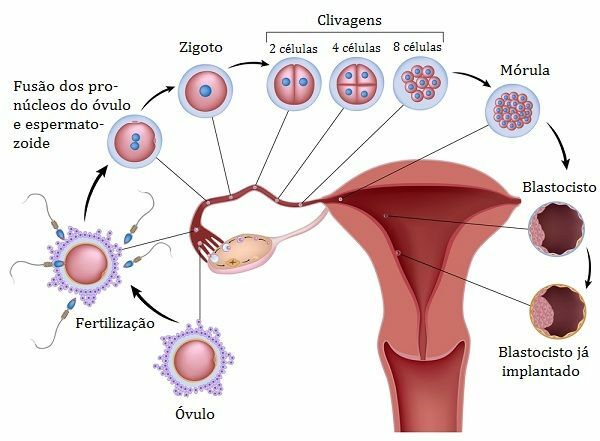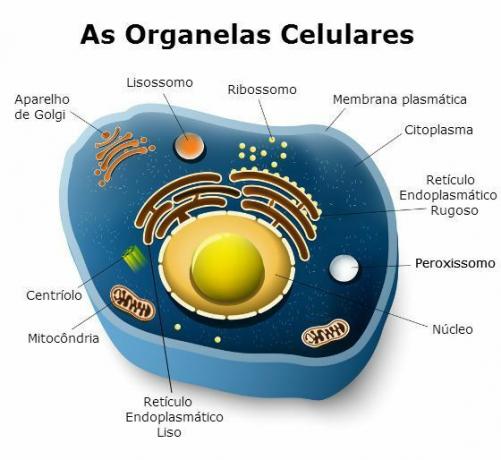Embryology is an area of biology that studies the embryonic development of living organisms, or that is, the process of embryo formation from a single cell, the zygote, which will originate a new being alive.
What does Embryology Study?
Embryology studies all stages of embryonic development from fertilization, zygote formation until all the organs of the new being are completely formed. The stages prior to embryo gestation are also considered, as they influence the process.
Embryology is currently a part of Developmental Biology, and is related to several areas of knowledge such as cytology, histology, genetics, zoology, among others. Some of the specialties of Embryology are:
- Human Embryology: area dedicated to knowledge about the development of human embryos, studying malformations and congenital diseases. Clinical or medical embryology to studies on embryos in assisted reproduction processes;
Comparative Embryology: is the area dedicated to studying the embryonic development of several animal species, comparatively. It is important for evolutionary studies;
- plant embryology: studies the stages of formation and development of plants.
Human Embryology
Taking human embryonic development as an example, the stages of development of the new individual are:
In gametogenesis, gametes are formed from specialized cells called germ cells, which go through various mitoses and multiply. Then they grow and go through the first meiotic division, forming daughter cells with half the chromosomes of the mother cell.
In female gametes meiosis is interrupted before completion, giving rise to a secondary oocyte and a much smaller primary polar body.

After sexual intercourse, sperm released into the female body have to reach the oocyte. When one sperm is able to penetrate the secondary oocyte, meiotic division is completed and the newly formed egg can be fertilized. During fertilization, caryogamy occurs, that is, the fusion of the gamete nuclei and formation of the zygote.
Basically, in all animals, embryo development comprises three main phases: segmentation, gastrulation and organogenesis.
Segmentation
Soon after the formation of the zygote, cleavages begin, increasing the number of cells. The divisions are quick and in about a week, at the blastocyst stage, it will attach to the uterine wall to continue the process.
Gastrulation
In this phase, not only the number of cells increases, but also the total volume of the embryo. The three are formed germinal leaflets or embryonic leaflets (ectoderm, mesoderm and endoderm), initiating the cell differentiation that will originate the tissues of the body.
Organogenesis

In organogenesis, organs begin to be formed. The first are the organs of the nervous system that originate from the ectoderm, the outermost layer. This occurs around the third week of pregnancy.
Read too Embryonic Attachments.

